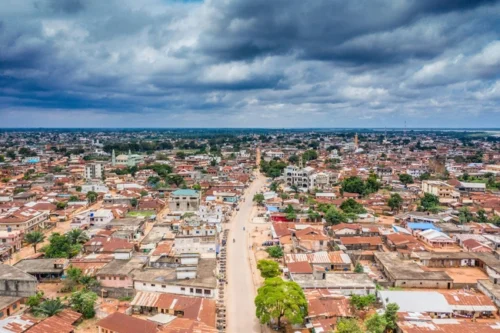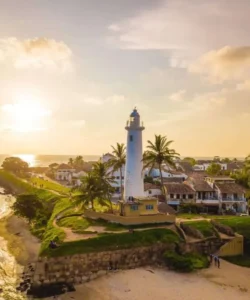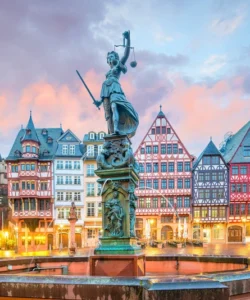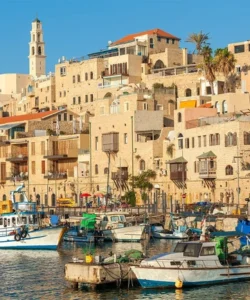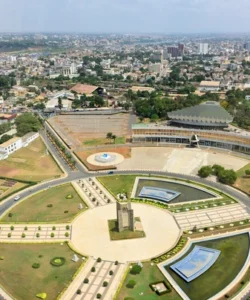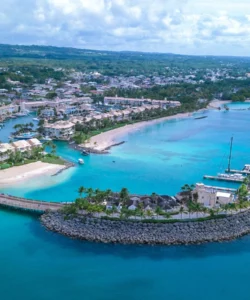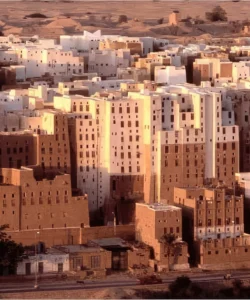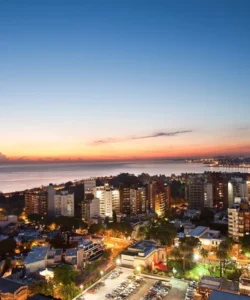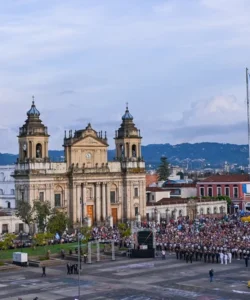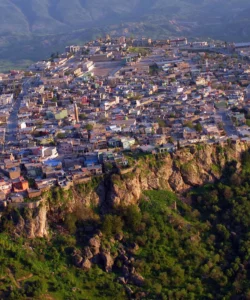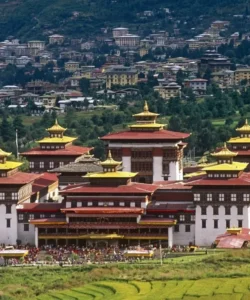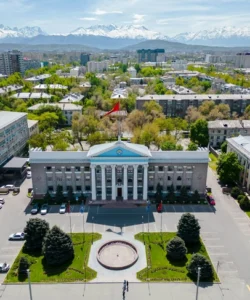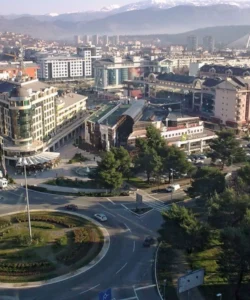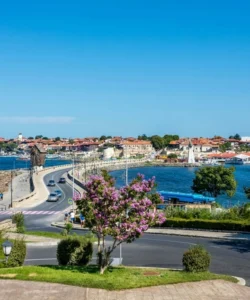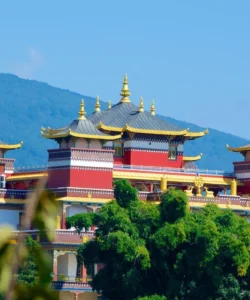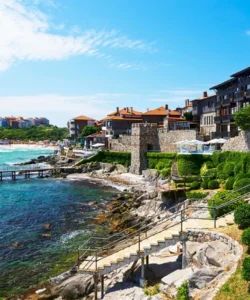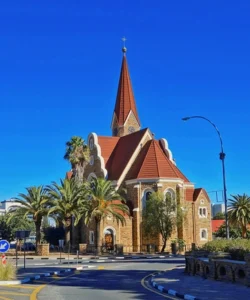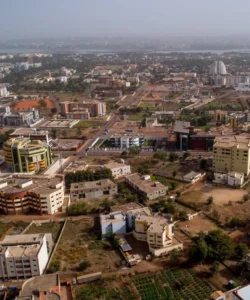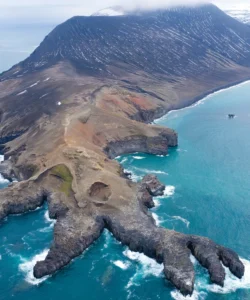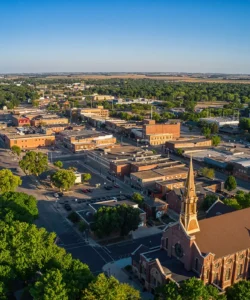Benin is a West African nation with a rich history, vibrant culture, and a unique identity. It is particularly known for being the birthplace of Vodún (Voodoo) and for its significant role in the transatlantic slave trade.
Listen to an introduction about Benin
![]()
Area & Population:
Benin covers an area of approximately 114,763 square kilometers. The estimated population in 2025 is about 14.05 million people.
Language:
The official language of Benin is French. However, there are numerous indigenous languages spoken, with the most common being Fon, Bariba, and Yoruba.
Currency:
The currency of Benin is the West African CFA franc (XOF).
Religion:
Benin is a religiously diverse country. The largest religion is Christianity, followed by approximately 52.2% of the population. Islam is the second-largest religion, with around 24.6% of the population. A significant portion of the population, about 17.9%, adheres to traditional indigenous beliefs, most notably Vodún, which originated in the region. Many people practice a combination of these faiths.
Capital & Major Cities:
- Capital: Porto-Novo is the official capital.
- De facto Capital/Economic Hub: Cotonou is the largest city and the seat of government. It’s the economic heart of the country and home to most government ministries and foreign embassies.
- Major Cities: Other important cities include:
- Parakou: A major industrial and market town in the east.
- Abomey: A historic city that was the capital of the ancient Dahomey Kingdom.
- Ouidah: A coastal city with historical significance as a major hub for the transatlantic slave trade and the birthplace of Vodún.
- Natitingou: A city in the north, known for its proximity to national parks and for being a hub for the Somba people.
Attractions & Wonders:
Benin offers a mix of historical, cultural, and natural attractions.
- Historical & Cultural Sites:
- The Royal Palaces of Abomey: A UNESCO World Heritage site, these palaces are a poignant reminder of the powerful Kingdom of Dahomey. The on-site museum houses royal artifacts and provides an insight into the kingdom’s history.
- The Route des Esclaves (Slave Route) in Ouidah: A 4-kilometer path that slaves were forced to walk from the city to the waiting ships. The route is marked by various monuments, culminating in the “Door of No Return” memorial arch.
- Ganvie: Often called the “Venice of Africa,” this floating village is built on stilts in Lake Nokoué. It’s a unique and atmospheric town that was founded in the 16th or 17th century by the Tofino people as a refuge from slave traders.
- The Sacred Forest of Ouidah: A spiritual site with a variety of Vodún sculptures and shrines.
- The Python Temple in Ouidah: Home to dozens of pythons that are considered sacred by the locals.
- Natural Attractions:
- Pendjari National Park: Located in the north, this park is part of a larger trans-border complex and is known for its diverse wildlife, including elephants, lions, and hippos.
- W National Park: Another large park that straddles the borders with Niger and Burkina Faso, providing a refuge for West Africa’s last wild elephants and a variety of other animals.
Architecture:
Beninese architecture reflects its diverse influences. In coastal cities like Porto-Novo, you can find colonial-era buildings with a distinctive Afro-Brazilian style, often painted in bright colors. In rural areas, traditional dwellings are made from local materials like mud and thatch. The Somba people in the north are famous for their unique, fortified mud-brick houses known as tatas.
Roads:
Benin has a road network that connects its major cities, including paved roads that link it to neighboring countries. However, a significant portion of the network is unpaved, and roads can be in poor condition, especially in more remote areas.
Hotels:
Hotel options in Benin are concentrated in the major cities, particularly Cotonou. You can find a range of accommodations, from international chains to local hotels and guesthouses.
Restaurants & Cuisine:
Beninese cuisine is known for its use of fresh ingredients, including corn, yams, rice, and various sauces.
- Key Dishes:
- Fufu: A staple starchy dish made from pounded yam or cassava, served with a stew or sauce.
- Amiwo: A red corn dough often served with tomato sauce.
- Yassa: A tangy dish of chicken or fish marinated with lemon, onions, and chili.
- Akassa: Fermented corn dough served with a sauce.
- Dining Scene: Restaurants in Cotonou and other major cities offer a mix of traditional Beninese food, West African cuisine, and international options, especially French and Lebanese. Street food stalls also offer popular snacks like fried plantains (aloko) and savory pastries.
